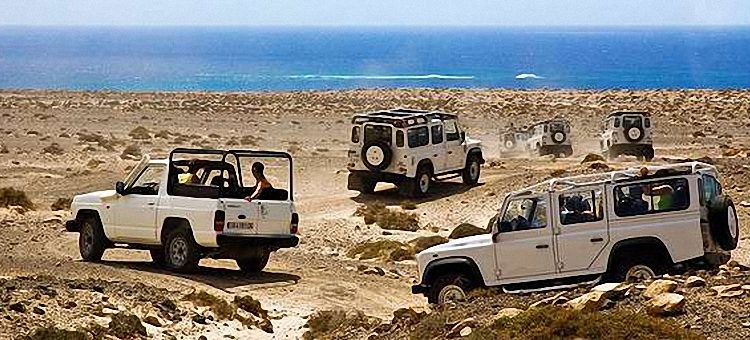No place on Earth is as closely associated with hunting as Africa. Thousands of hunters troop to the continent every year to hunt for trophies. However, a successful hunt takes more than luck. Here are ten things you should do before you embark on a hunting safari to the continent.
1. Research, Research, Research
Find out everything you can about the places you plan to visit. Look for information about the weather, local cuisine, what you can legally hunt and the location of the nearest hospitals. It is also a good idea to find out where your country’s embassy is located.
If you are interested in animals you’ve never hunted before, find out everything you can about them. In addition, look for information on other animals in the area. For instance, you may be interested in lions, who sometimes share the same territory with buffalos. In that case, you have to find out how to get to the lions while avoiding the buffalos.
2. Make a List for Your African Safari
You would not believe just how easy it is to forget something critical in the process of planning for a hunt. Make a list, and update it when needed. Incorporate whatever information you discover in your research. For instance, if you find out that one of your guns is illegal in the country you plan to visit, remind yourself to buy a suitable alternative.
Use smartphone planning apps where possible. This way, the list will be with you whenever you need it, and changes can be easily synched to the cloud and across all your devices. Another advantage of this approach is that the list will be safe even if your phone gets stolen, lost or damaged. In addition, smartphone apps allow you to link individual items on the list to an alarm.
Do you need to buy a knife on Wednesday at 2pm? No problem; make note of that, and create a reminder. Once you buy something, check it off. Before you go for the hunt, go through the list again.
3. Get the Right Gear
Hunting lions in Africa is a totally different prospect from tracking bears in the wilds of Alaska. For this reason, get gear that suits the conditions of your hunting location. As an example, experts recommend uninsulated ankle length boots to avoid bad smells and fungal infections.
You should avoid carrying too much gear, as it may weigh you down. In addition, you may end up paying for equipment you will never use.
4. Seek Your Physician’s Advice
Get medical advice relevant to the area you are visiting. For instance, some parts of Africa have high incidences of malaria, while fungal infections are likely to get worse in the continent’s balmy weather. Where necessary, your physician will vaccinate you, or provide prophylactic medication.
Try to find a good doctor or health facility close to the area that you plan to visit. Carry a supply of condoms; Africa’s beauty is not limited to its flora and fauna. Your favorite brand may be a little hard to find in the midst of trackless bush.
5. Find a Reliable Operator
Hunting is a big-money business. This may attract operators who are less than honest, so take the time to find a firm that is reliable. Scour the internet for information and recommendations. In addition, talk to your family, hunting buddies, other friends and the tour operators in your area.
Listen to your gut; if something doesn’t feel right, back out. Lastly, find out what you are paying for. While some operators provide virtually everything you need, others will only cater for the basics.
6. Cover Yourself
Update your insurance. In some cases, you may have to find some sort of temporary cover. You need to insure yourself, members of your party, and any equipment you will use. Avoid travelling without insurance, because if something untoward happens, you could end with a huge bill in your hands.
7. Find a Way to Keep in Touch
You may love the solitude that comes with hunting, but it is always a good idea to find a way of keeping in touch with others.
Undoubtedly, your family and friends will be interested to find out how you are doing. In addition, a communication plan is essential if you plan to share your experiences on Youtube, Facebook, Twitter, Pinterest and other social media sites. Also consider the fact that your company or embassy may need a way of getting in touch with you if there is an emergency.
8. Carry Some Cash
Among other things, you need cash to tip porters, buy mementos, and pay for taxes. US dollars may be your best bet. These can be exchanged for local currencies virtually anywhere in Africa. In addition, cards from MasterCard and Visa work in practically all ATMs across the continent.
9. Find a Local Taxidermist
Lugging around smelly animal trophies is not an option. For this reason, find a taxidermist who is as close as possible to the hunting location. Fortunately, most tour operators provide this service as part of their packages.
10. Legal Requirements
Find out what legal requirements you need to meet before going on African Safari. For instance, you may need visas for you and members of your party before you are allowed to enter some countries. In addition, you may need special permits for some of the equipment, particularly guns.
Part of your gear may be illegal in some countries, so you may have to find alternatives. Some countries will turn you back if you are not inoculated for diseases such as yellow fever. Don’t forget to find out if you can take trophies out of the country, and what permits are required.





